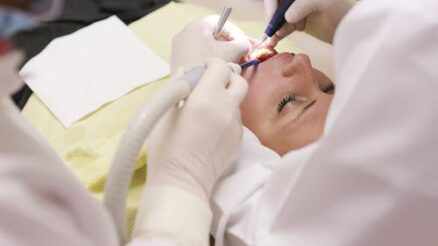Examining your cat regularly, known as “wellness visits,” can help avoid future pain and suffering, save money, and educate you about your pet. Taking your cat in for checkups and shots before any problems arise is best.
Here are three solid arguments favoring routine veterinary care for your pet.
Preventative Care
Preventative care is essential if you want your cat to enjoy a long, healthy life. The veterinarian may immunize or inoculate your pet during regular checkups. You can save your cat or kitten from potentially deadly diseases like rabies, feline leukemia, and feline distemper by getting them vaccinated.
As part of preventative care, your veterinarian may examine your companion for fleas, ticks, and other external parasites. When necessary, they will suggest therapy options or write prescriptions. If you have a cat, you may also be advised to protect your pet from parasites like fleas and lice.
These can include:
- Regular deworming and flea treatments
- Fecal testing to check for internal parasites
- Heartworm testing (depending on your area)
It’s important to remember that ticks and fleas can cause serious issues for pets if left unchecked.
Wellness exams also include checking your cat’s weight as a preventative treatment. Because excess weight harms health, your doctor may recommend a weight loss diet for your cat.
Your cat can also benefit from regular blood tests performed in a veterinary diagnostic laboratory. The health of your pet’s organs and any diseases like diabetes can be gauged from your blood work. Addressing health concerns as soon as they are detected is best to prevent more serious outcomes.
Dental Care or Treatment
To keep their teeth healthy, cats need regular dental cleanings. Your veterinarian can examine for problems during regular checkups. Indicators of issues, such as gum disease or plaque and tartar accumulation, may be found. Your cat may require specialized treatment for infection if gum disease is not diagnosed and treated promptly.
Furthermore, your veterinarian from places like Trooper Veterinary Hospital may educate you on the most effective method to help your cat maintain oral health. You may be shown how to brush your cat’s teeth correctly and advised on special dental treats, such as chews, to help eliminate tartar. If you have queries about whether or not your cat’s teeth and gums are healthy, your vet can help.
During regular vet visits, your veterinarian may request dental x-rays for your pet. Routine dental cleaning may also be helpful.
Recognizing and Correcting Behavior Issues
Is your once-docile cat abruptly becoming aggressive? Has your feline companion abandoned the litter box in favor of the bathtub? Is your furniture a victim of your cat’s continuous scratching and destroying missions? Behavioral issues may necessitate the assistance of a professional, namely your cat’s veterinarian.
Your veterinarian may pose some questions during a vet check up to get to the bottom of behavioral issues. Have you lately relocated? Have you introduced a new pet or cat to your family? Have you lately altered your cat’s diet? Your vet may diagnose the issue and suggest remedies.
Conclusion
Your vet will set aside time to discuss any results with you after your cat has been examined and has received its annual vaccinations.
Your veterinarian will also take the time to discuss available treatment options with you if they discover any indications of sickness or injury. If your cat receives a clean bill of health, your veterinarian might give advice or suggestions about your pet’s diet and exercise routines, oral hygiene, or the best way to avoid parasites.


